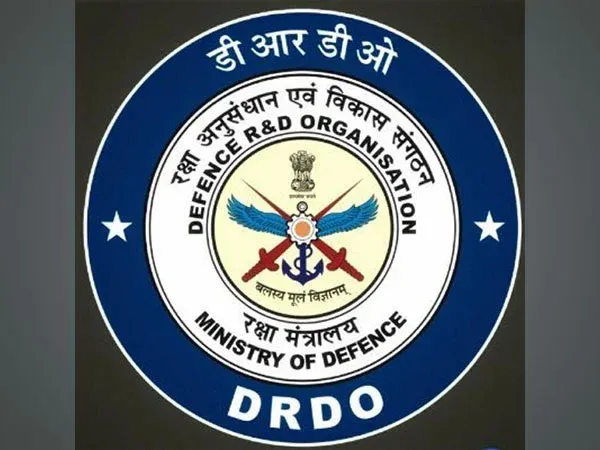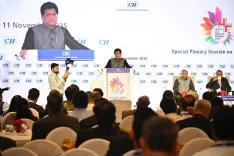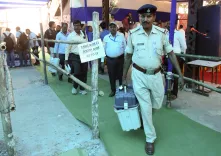Has DRDO Developed Indigenous Seawater Desalination Technology?

Synopsis
Key Takeaways
- DRDO has developed a seawater desalination technology for Indian Coast Guard ships.
- The technology uses nanoporous multilayered polymeric membranes.
- It addresses operational challenges related to ship stability.
- The project was completed in just eight months, showcasing efficiency.
- Further testing will continue for operational approval.
New Delhi, May 15 (NationPress) The Defence Research and Development Organisation (DRDO) has successfully developed a homegrown seawater desalination technology, as announced by the Ministry of Defence on Thursday.
This innovative solution was created by the Defence Materials Stores and Research and Development Establishment (DMSRDE) situated in Kanpur. The technology utilizes nanoporous multilayered polymeric membranes for high-pressure seawater desalination specifically for vessels of the Indian Coast Guard (ICG).
The design of this desalination system aligns with the operational needs of the Coast Guard, effectively tackling the issue of ship stability when in contact with chloride ions present in saline environments.
Remarkably, the development was completed in just eight months, according to the Ministry's statement.
“DMSRDE, in collaboration with ICG, has conducted initial technical trials utilizing the existing desalination setup on the Offshore Patrolling Vessel (OPV) of ICG. The initial safety and performance evaluations of the polymeric membranes have returned highly satisfactory results,” the Ministry confirmed.
The ICG will provide final operational approval following 500 hours of testing, which is currently underway on the OPV.
“This membrane technology promises to be a revolutionary advancement for desalinating seawater in coastal regions after certain enhancements. It signifies another milestone by DMSRDE in the quest for Aatmanirbhar Bharat,” the Ministry added.
The DMSRDE laboratory specializes in developing non-metallic materials and related technologies for the Indian Armed Forces, which includes protective gear and equipment.
Their research encompasses a wide range of non-metallic materials, such as polymers, polymer matrix composites, elastomers, carbonaceous nanostructured materials, stealth materials, polymer precursors, ceramic matrix composites (CMCs), ceramics, technical textiles, fuels, lubricants, and specialty materials.
Key areas of focus involve creating specialized clothing and shelters for military personnel, along with protective gear such as bulletproof vests, blast-resistant suits, and NBC (nuclear, biological, chemical) suits, as well as cold-weather gear.









